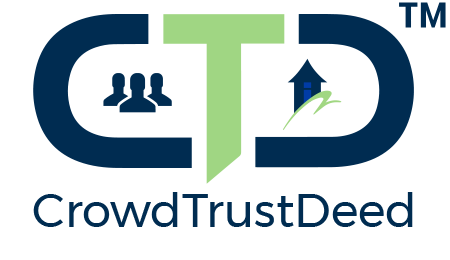Confused on how Fractional Trust Deed Investing works? Learn the basics below:
The Law: A Fractional Trust Deed Investment is a transaction that pools together investor money to jointly lend on a California property with a compliant loan purpose. “Fractionalized” Promissory Notes and Deeds of Trust, when negotiated by a Mortgage Loan Broker (MLB), are subject to regulation by the CA Department of Real Estate (CA DRE), which enforces the Real Estate Law and the Department of Business Oversight (DBO), which enforces the Securities Law. The Real Estate Law includes what is known as the “multi-lender law” which allow up to 10 Investors in a loan and the 25102F statute which provides an exemption to the Securities Law and allows for up to 35 Investors in a loan.
The Funding Transaction: A qualified Business Purpose Loan with California Real Estate as the collateral is funded with multiple Lenders wiring funds through Escrow and the resulting Deed of Trust is recorded by the County Recorder’s Office in the prescribed lien position with Title Insurance provided by the Title Insurer.
The Players:
Mortgage Loan Broker: The MLB is the entity or person responsible for originating the Trust Deed Investment. They create the overall loan parameters, Trust Deed underwriting, property and borrower vetting and financial review.
The Lender: Qualified Lenders (based on form RE870) provide the additional capital necessary to close the gap between what the Borrower is investing or has invested, and the total funds required to fund the loan. Lenders purchase fractional interests of the loan totaling 100% of the loan amount. The lenders have a secured lien on the property in either a Senior or Junior position. If the Borrower fails to meet their obligations, the lender can foreclose on the property. Lenders are typically passive and, unless they own 50% or more of the Trust Deed, do not take an active part in day to day operations or decision making. It is important for Lenders to read the Trust Deed offering documents to understand the loan scenario, equity protection, payment, borrower character and exit strategy for the borrower.
The Borrower: Typically, a Real Estate Investor, self-employed Borrower, Business Owner or other person or company wanting to borrow money to purchase or refinance a non-owner occupied or business purpose related property. Borrowers typically build and/or renovate the property.
The Servicer: Servicers can sometimes be the Loan Broker or in other cases 3rd party servicers. Servicers collect borrower payments and distribute interest payments to Lenders. Servicers also handle any delinquency, default and maturity negotiations and remedies.
The Payoff: Trust Deed terms are typically from 1-5 years in length. At the loan maturity, or after the guaranteed interest period, the loan can be paid off and the resulting Principal/fractional loan amount is paid back to the Lender.
The Economics: The MLB earns money through up front points on the loan and a spread between the Note Rate and the Sold Rate (rate to the Lender) of the loan. The Lender receives a high yield, secured, equity protected monthly income. The borrower earns their money on an increase in the sale price or the rental income. The Servicer receives fees.
The Benefits: For a Broker to motivate Lenders to provide the necessary funds, they must show an attractive return for the risk that Lenders are taking. A deal structure must be created that is a win-win for all parties. Unlike commercial real estate investing, which can be very complex, the beauty of Trust Deed Investing is the simplicity of the transaction. The capital stack remains simple with equity and debt. No elaborate spreadsheets are required. Trust Deeds also provide: High secured yields, equity protection, liquidity at maturity, monthly cash flow and individual investment choice as opposed to a Pool Manager selecting the investment for you and taking exorbitant fees before, during and after the transaction.


